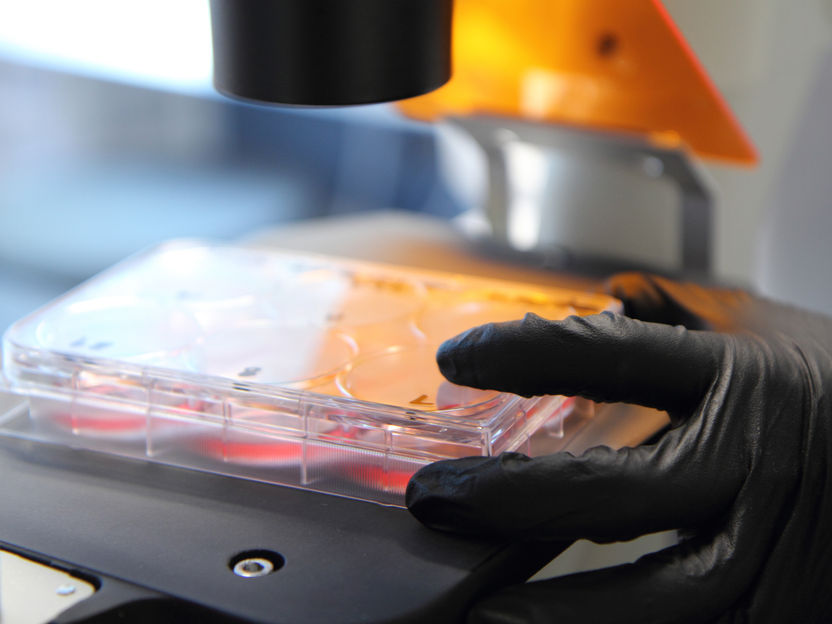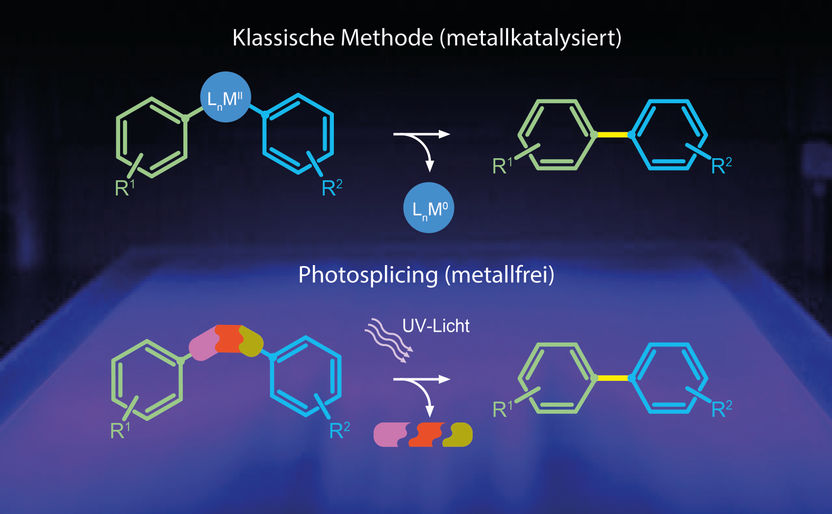Cornell Chronicle: Leaf gene changes increase corn yield
Technique allows researchers to identify key maize genes for increased yield
A study published in Nature genetics has identified the genes related to leaf angle in corn (maize) - a key trait for planting crops closer together, which has led to an eight-fold increase in yield since the early 1900s.
The study, led by researchers from Cornell and the U.S. Department of agriculture - Agricultural Research Service (USDA-ARS) at Cornell and North Carolina State University, is the first to relate genetic variation across the entire maize genome to traits in a genomewide association study. The researchers have so far located 1.6 million sites on the maize genome where one individual may vary from another, and they used those sites to identify the genes related to changes in leaf angle that have allowed greater crop density.
Yield increases have mostly resulted from adaptations made by breeders to maize so crops can be planted closer together. Along with changes in roots and nutrient uptake that also play roles in increased crop densities, the leaves of maize crop plants have become more upright to maintain access to sunlight in crowded plots.
The team of researchers found that natural mutations in genes that affect ligules - the first thick part of the leaf where it wraps around the stalk - contributed to more upright leaves. Also, the changes in leaf angle result from many small genetic effects added together; while leaf angles may vary from one maize variety to another by up to 80 degrees, the biggest effect from a single gene was only 1.5 degrees.
"Although each gene and variant has a small effect, we can make very accurate predictions," said Ed Buckler, the paper's senior author, a USDA-ARS research geneticist in Cornell's Institute for Genomic Diversity and a Cornell adjunct associate professor of plant breeding and genetics. Lead authors include Feng Tian, a postdoctoral researcher in Buckler's lab, and Peter Bradbury, a computational biologist with the USDA-ARS in Ithaca.
The genomewide association study method allows researchers to examine a corn plant's genome and predict a trait with 80 percent accuracy. This would be analogous to predicting the height of a person by sequencing and analyzing their genes, or genotyping a seed to predict traits of the plant, said Buckler. The methodology may be applied to other traits, crops and species, including animals.
"This method will allow the intelligent design of maize around the world for high-density planting, higher yields and disease resistance," said Buckler.
In this study, the researchers had the advantage of making controlled crosses in maize plants to capture a great deal of genetic variation in the population of maize they studied, something that cannot be done when studying human genetics. The study offers proof that variation in traits is the sum of many small effects in genes, a hypothesis that has also been proposed by some human geneticists.
Also in the Jan. 9 online issue of Nature Genetics, a companion paper by the same research team, but led by those at USDA-ARS and North Carolina State University, used the same technique to identify key genes associated with southern leaf blight in maize.
The study was funded by the National Science Foundation and USDA-ARS. James Holland, a researcher at USDA-ARS and North Carolina State University, is also a senior co-author of the study.
Most read news
Organizations
Other news from the department science

Get the life science industry in your inbox
By submitting this form you agree that LUMITOS AG will send you the newsletter(s) selected above by email. Your data will not be passed on to third parties. Your data will be stored and processed in accordance with our data protection regulations. LUMITOS may contact you by email for the purpose of advertising or market and opinion surveys. You can revoke your consent at any time without giving reasons to LUMITOS AG, Ernst-Augustin-Str. 2, 12489 Berlin, Germany or by e-mail at revoke@lumitos.com with effect for the future. In addition, each email contains a link to unsubscribe from the corresponding newsletter.
Most read news
More news from our other portals
Last viewed contents

Bayer invests USD 50 Million in eGenesis Series B financing round - Investment to support development of human-compatible xeno organs to address the global organ shortage crisis

Synthesis of pharmaceuticals with light
DIREVO Announces Incorporation of Industrial Biotechnology Subsidiary






















































